An activist group allegedly financed by media mogul Jimmy Lai prepared a list of proposed sanctions targets – including Hong Kong’s leader and top officials – which was intended for presentation to the US government at the height of the 2019 protests, a prosecution witness has told Lai’s national security trial.
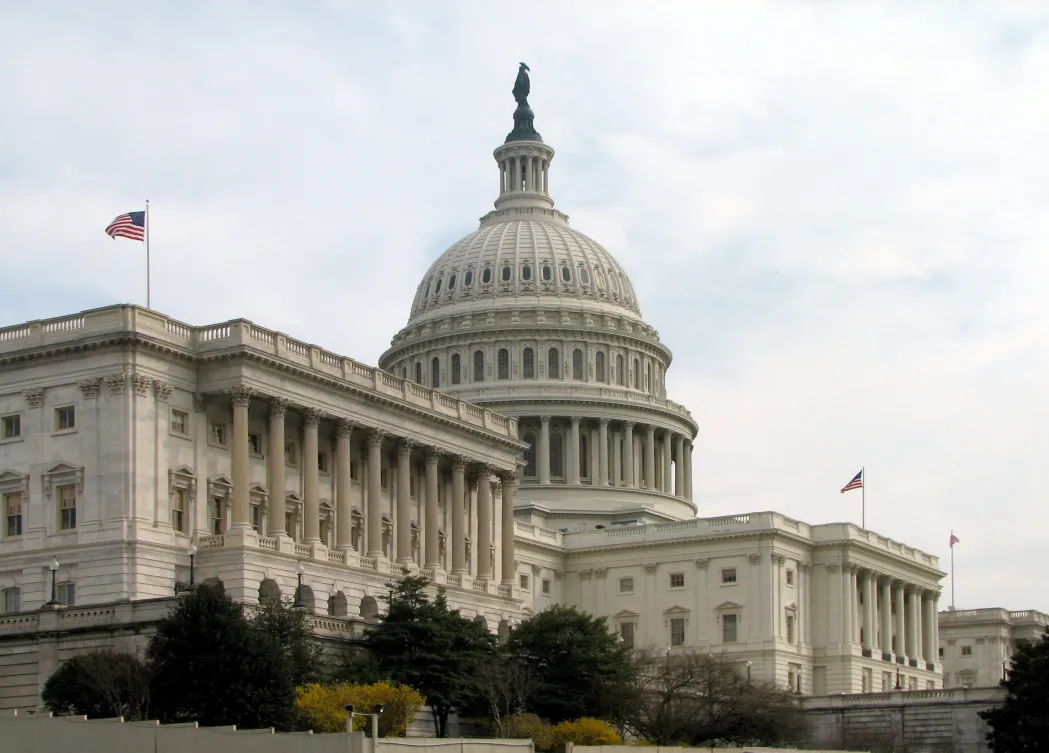
Andy Li told the court on Thursday that “Fight for Freedom, Stand with Hong Kong” (SWHK) in December 2019 drafted a list of “perpetrators of human rights and democracy abuse” that included former chief executive Carrie Lam and her successor, then-security chief John Lee.
Li said the list was passed to Samuel Chu, founder of the Washington-based Hong Kong Democracy Council, so that Chu could lobby the US government to impose sanctions on city officials. At that time, Hong Kong was engulfed in city-wide protests and unrest triggered by a controversial amendment bill to the city’s extradition arrangements.
The US had passed the bipartisan Hong Kong Human Rights and Democracy Act the previous month. Li said the list could facilitate the use of the US legislation, which stipulates that sanctions could be imposed on individuals considered to have violated human rights in Hong Kong.
“As far as I know this is the only serious list with cases backing the claims [of human rights abuse],” Li wrote to Chu via messaging app Telegram in December 2019, according to records displayed by prosecutors.
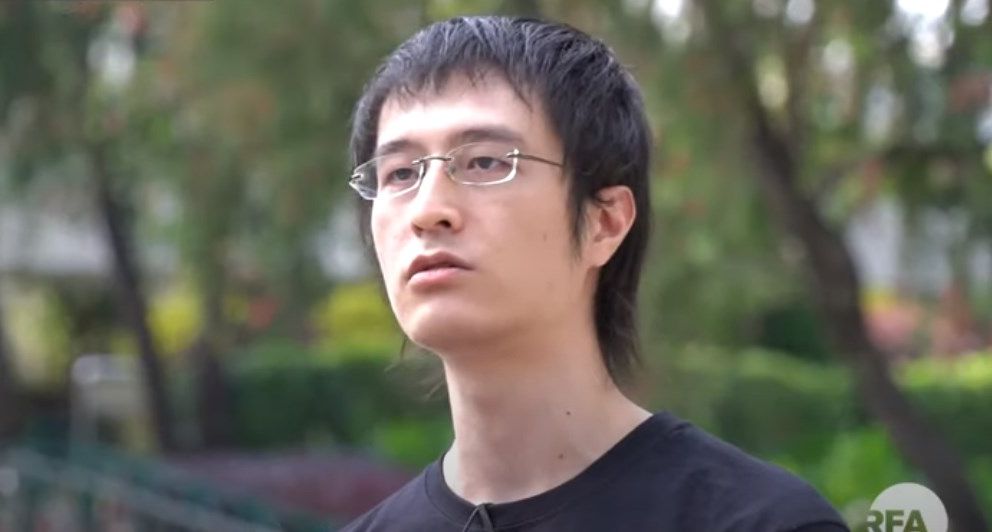
Li is one of 12 Hongkongers caught by the Chinese coastguard in August 2020 while trying to flee to Taiwan by speedboat. He was subsequently jailed on the mainland.
The witness, who is testifying against Lai, elaborated on the international campaign by SWHK, which prosecutors alleged was ultimately financed by Lai in a bid to attract foreign sanctions and other “hostile acts” against Hong Kong and China.
Lai, 76, has pleaded not guilty to two counts of conspiring to collude with foreign forces under the Beijing-imposed national security law – punishable by up to life in prison. He also denies one count of conspiring to publish “seditious” materials under colonial-era legislation.
Capitol Hill meetings
The court previously heard that Li spoke to US senator Rick Scott in September 2019 during a meeting lined up by Lai’s personal aide Mark Simon. Li said he briefed the US politician, who made a short trip to the city, about the protests.
Li said on Thursday – the trial’s 50th day – that he made a visit to Capitol Hill in December that year to meet Scott again, as well as Republican politicians Todd Young, Ted Cruz, and Marsha Blackburn.
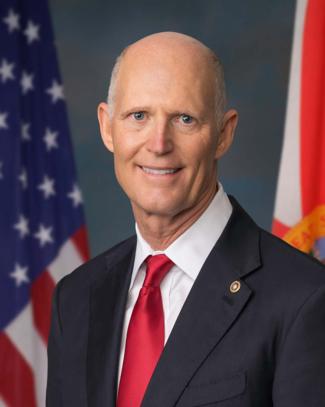
He said the purpose of the trip was to “present victims in the pro-democracy movement in Hong Kong to [US] senators and congressmen… so that they would have the grounds to push forward acts related to Hong Kong.”
He added that the trip was arranged by Chu, who could assist in “concrete” follow-up actions after Li met the politicians.
Shortly after the trip, Li forwarded the sanctions list to Chu, according to messaging records between the two. Li said the list was drafted by an anonymous member of SWHK and that he was not involved in its preparation.
Lead prosecutor Anthony Chau pointed to an entry about Carrie Lam, which read: “The U.S. should sanction Lam to reaffirm U.S. commitment to human rights and to uphold the autonomy of Hong Kong.”
“In the long run, the imposition of sanctions would best safeguard the safety of American expats in Hong Kong, US national security and US financial interests in Hong Kong,” the entry continued.
Chau said the list also sorted sanction targets into “four tiers,” covering top officials, senior government advisers, police officers, and officers of the MTR Corporation.
Li said the idea of requesting foreign sanctions against city officials had all along been “floated” in SWHK’s group discussions, but he only became aware of the list when he received it from a group member.
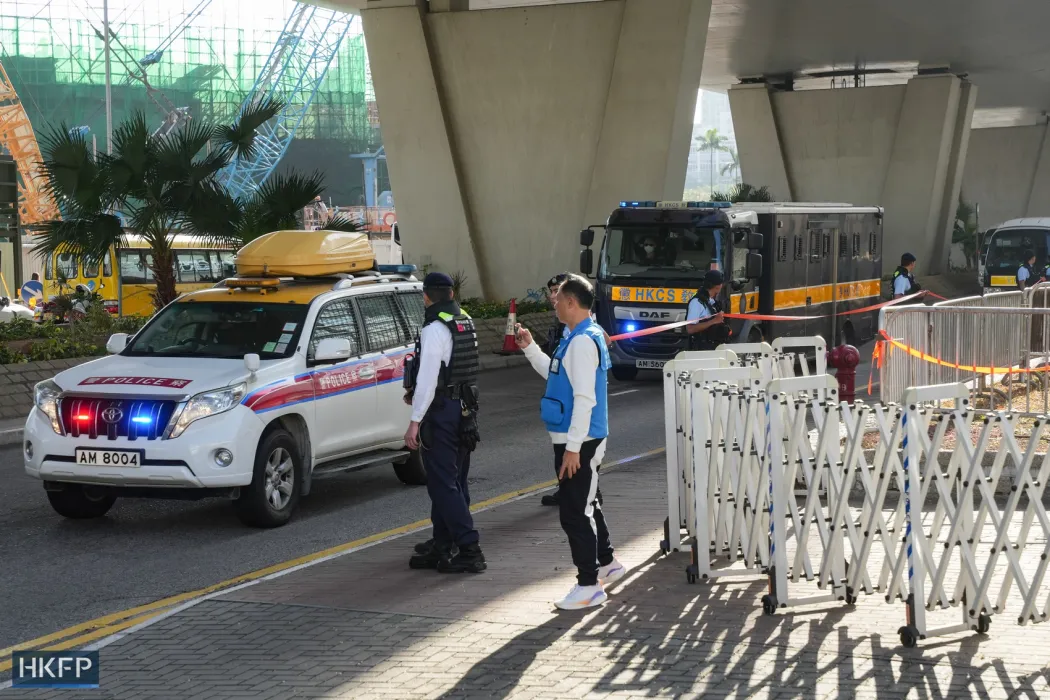
Separately, the court on Thursday heard that Li was in charge of arranging an “election observation mission” which invited 19 delegates from 10 countries to watch the District Council elections in late November that year.
The delegates included David Alton, a member of Britain’s House of Lords, and UK-based activist Luke de Pulford, according to a list shown to the court.
Li said he met Alton and de Pulford, together with veteran democrat Martin Lee and former chief secretary Anson Chan, at the West Kowloon Hotel shortly after the election.
The witness said he, Lee, and Chan spoke to Alton about the state of democracy in the city, and Alton said he would raise concerns about Hong Kong in the UK “within his capacity.”
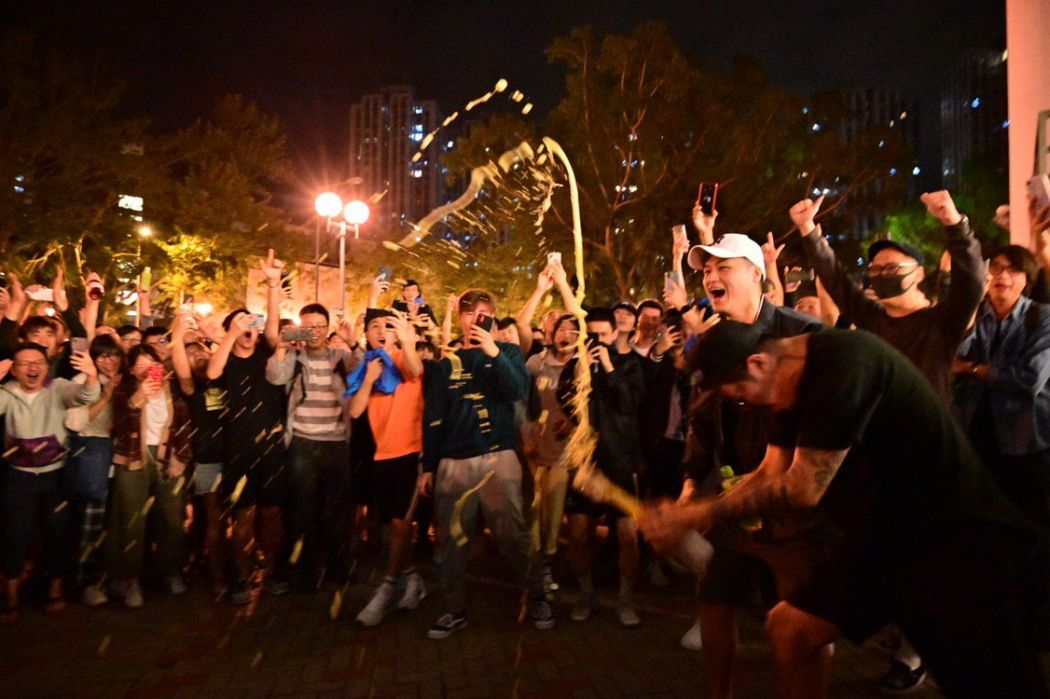
Li, who was charged alongside Lai over conspiring to collude with foreign forces under the national security law, pleaded guilty in August 2021.
The trial continues on Friday.
Support HKFP | Policies & Ethics | Error/typo? | Contact Us | Newsletter | Transparency & Annual Report | Apps
Help safeguard press freedom & keep HKFP free for all readers by supporting our team
























